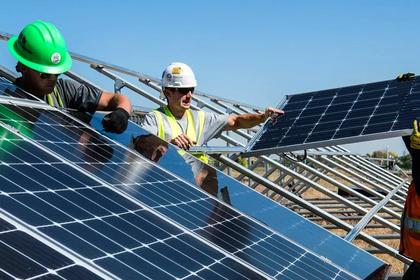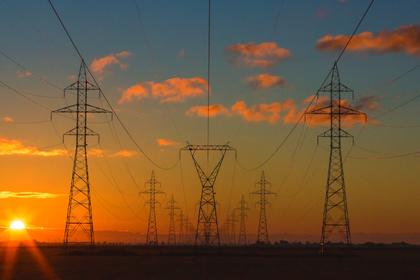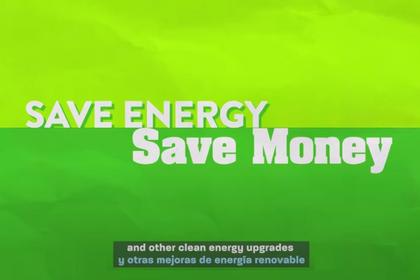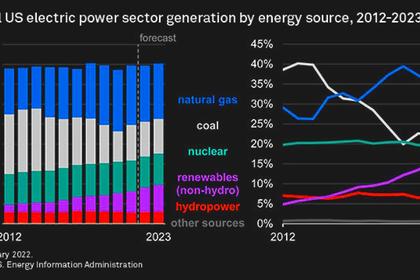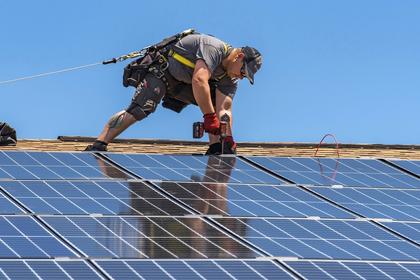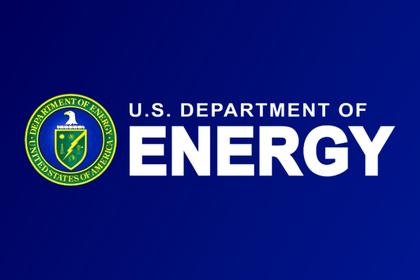
U.S. BATTERY INVESTMENT $3.5 BLN
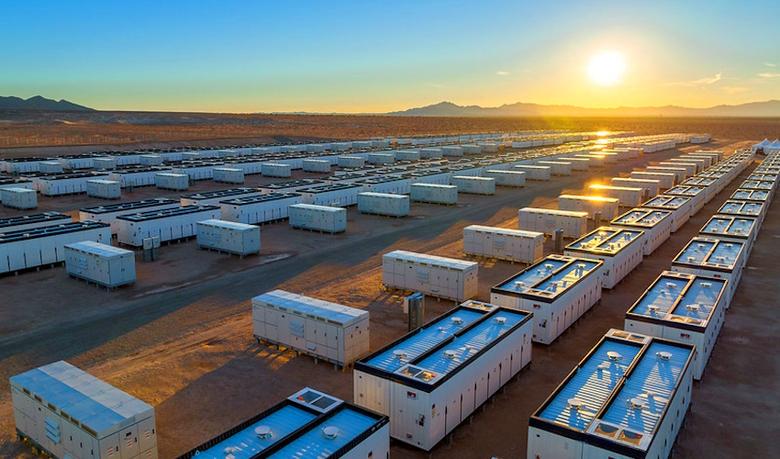
U.S. DOE - NOVEMBER 15, 2023 - Today, two years after President Biden signed the Bipartisan Infrastructure Law, the U.S. Department of Energy (DOE) announced up to $3.5 billion from the Infrastructure Law to boost domestic production of advanced batteries and battery materials nationwide. As part of President Biden’s Investing in America agenda, the funding will create new, retrofitted, and expanded domestic facilities for battery-grade processed critical minerals, battery precursor materials, battery components, and cell and pack manufacturing, all of which are critical to supporting clean energy industries of the future, such as renewable energy and electric vehicles. This investment, which includes a focus on retaining and creating good-paying union jobs in the manufacturing workforce, is administered by DOE’s Office of Manufacturing and Energy Supply Chains (MESC). It supports the Biden-Harris Administration’s efforts to reach a net-zero emissions economy by 2050, for electric vehicles to make up half of all new light-duty vehicle sales by 2030, and to build a domestic supply chain.
“Positioning the United States front and center to meet the growing demand for advanced batteries is how we boost our global competitiveness, maintain and create good-paying jobs, and strengthen our clean energy economy” said U.S. Secretary of Energy Jennifer M. Granholm. “President Biden’s historic investments are giving the boost needed to build a robust domestic battery supply chain that is Made-in-America.”
Batteries are a critical part of the transition to a clean energy economy. This transition is lowering energy costs to American families and businesses and reducing harmful greenhouse gas emissions. Batteries are also critical to national competitiveness–for grid storage, for the resilience of homes and businesses, and for electrification of the transportation sector. With the demand for electric vehicles (EVs) and stationary storage alone projected to increase the size of the lithium battery market by five- to ten-fold by the end of the decade, it is essential that the United States invests in the capacity to accelerate the development of a resilient supply chain for high-capacity batteries, including non-lithium batteries.
This funding opportunity is the second phase of $6 billion in total provided by the Bipartisan Infrastructure Law. In the first phase, DOE awarded fifteen projects that are catalyzing over $5.8 billion in public/private investment. This second phase will boost domestic battery manufacturing and supply chains to effectively support the clean energy transition including by:
Ensuring that the United States has a competitive battery materials processing industry to supply the North American battery supply chain.
Expanding the capabilities of the United States in advanced battery manufacturing.
Enhancing national security by reducing the reliance of the United States on critical minerals, battery materials, components, and technologies from foreign entities of concern.
Advancing the domestic processing capacity of minerals necessary for battery materials and advanced batteries.
Support the goal that 40% of the overall benefits of certain federal investments flow to underserved and overburdened communities (in accordance with the Justice40 Initiative).
Provide workforce opportunities to low- and moderate-income communities.
This second phase prioritizes delivering strong benefits for American workers. The funding opportunity will promote collective bargaining agreements and/or projects that create a high-quality, high-wage hourly production workforce through the community benefits plans.
In this funding opportunity, DOE is prioritizing next-generation technologies and battery chemistries, in addition to lithium-based technologies. Other new focus areas include precursor production and manufacturing for specialized, non-light duty markets. DOE is also calling for projects that will increase separation of battery-grade critical materials, expand production facilities for cathode and anode materials production, and expand battery component manufacturing facilities (i.e., projects that will attract further investment into topic areas solicited in the program’s first phase).
The topic areas of focus for future iterations of this program will be updated approximately every six months to account for market and technology evolution, and investment selections will be made in consecutive rounds.
Concept papers, which are required, are due January 9, 2024. Full applications are due March 19, 2024.
MESC is responsible for strengthening and securing manufacturing and energy supply chains needed to modernize the nation’s energy infrastructure and support a clean and equitable energy transition.
-----
Earlier:
